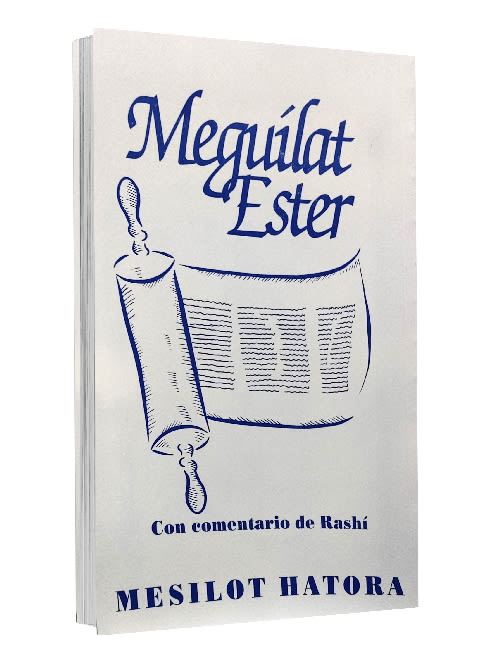
Ekev: Attention to Details
As opposed to constricting us, the details of Jewish law afford us the ability to grow and develop an awareness of the greatness that lies within each and every act.

A newcomer (and not so newcomer) to Judaism is often struck by the amount of details required by Jewish law. From early morning until retiring at night a religious Jew's day is focused on the letter of the law. Particularly noticeable are the requirements for Shabbat itself. There are hundreds of laws which are relevant to a Jew's proper fulfillment of the day of rest.
How are we supposed to both understand and relate to this sort of system? Why isn't the spirit of the law satisfactory? To add to our questions, at the beginning of this week's Parsha the Torah promises us countless blessings "if" we are careful performing Hashem's commandments. The specific word used for "if" is the Hebrew word "Ekev" (the name of our Parsha). Those somewhat familiar with the Hebrew language will notice the use of this rarely mentioned word.
The Hebrew word "Eem" is the normal Hebrew word for "if". The word "Ekev" is usually translated "the heal of the foot" and the great commentator Rashi makes note of this. Rashi explains that the term "Ekev" refers to those commandments that people usually "trample  on" (i.e. are not so careful). The blessings are afforded to those who exhibit great care even for the "little things" that are often ignored.
on" (i.e. are not so careful). The blessings are afforded to those who exhibit great care even for the "little things" that are often ignored.
Why does the Torah single out this sensitivity as so essential to receiving Hashem's blessings?
The simple but essential answer is that when we are careful about the details of Jewish law it shows our humility before the ultimate Lawgiver. As the great Rebbi from Kotzk used to say: "A G-d that I understand, who needs Him?" In his unique style the Rebbe was giving us an understanding of being careful about the details of Jewish life because the Source of all wisdom and existence commanded us. The Torah is instructing us that this humility and awe are prerequisites for Divine blessing.
Maybe we could suggest another approach.
The Creator made an incredible creation filled with endless varieties and types of life. Which parts of existence are superfluous and unnecessary? The answer, obviously, is nothing. We can't fathom how every drop of water filling the oceans and every grain of sand in the vast deserts are necessary. Even so, the only logical conclusion as to their importance is that everything is essential.
Man is given the unique task of being like his Creator. Just as the Creator's world is multifaceted and diverse, so too man's. Just as all acts of the Creator are purposeful, man is given the challenge to elevate and find purpose and meaning in every thought, word, and action. Which opportunities and acts of man are purposeful and which are not? Again, the obvious answer is that if they are part of this world then they are all significant. This sensitivity to seeing life as bursting with opportunities is simple but sometimes a challenge to live. (Parenthetically sometimes refraining from something the Torah deems spiritually damaging is also a way of elevating ourselves and the world.)
Returning to our original questions, why does the Torah promise abundant blessing for fulfilling the details of the law? When Hashem sees that we are careful to fulfill every act as an expression of His will, then the blessings are forthcoming. He knows that we are trustworthy recipients of the myriad gifts the world has to offer. It's like an employee who anxiously develops the resources of the company and is careful with whatever his employer gives him. The employer comes to fully trust the employee and showers upon him more and more opportunities to help the company and, ultimately, the employee himself. For a Jew who is developing a sensitivity to connecting to Hashem, the ability to sanctify acts large and small presents an incredible opportunity to connect to the Source of all of those opportunities.
This is the idea of the many laws of Shabbat. On this special day we have extra sensitivities to truly understand and feel how everything can be used to connect to Hashem. During the week we may be too busy to sense the potential in every act. The day of rest affords us such an environment to heighten our spiritual consciousness.
As opposed to constricting us, the details of Jewish law afford us the ability to grow and develop an awareness of the greatness that lies within each and every act. Because ultimately even the small things really are big things.







Tell us what you think!
Thank you for your comment!
It will be published after approval by the Editor.